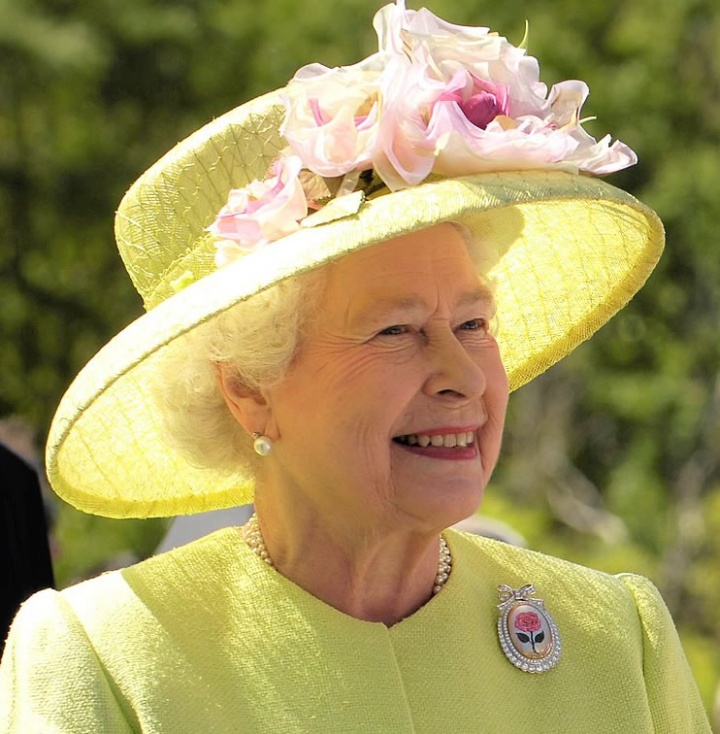Death of Queen Elizabeth II:
Duty

Many things can describe the life of Queen Elizabeth II and how she lived her life, but duty sums it up in a different way with a different perspective. Hers was not a life of personal enrichment or gain. Yes, she was a wealthy woman; at one time, the world’s most wealthy woman. And it is staggering to think about the amount of money that the House of Windsor holds.
She lived in palaces, she had private planes and a private yacht, and certainly, servants and staff to work with and for her: she inherited that, she has passed it on. But it was still a life of service, commitment, sacrifice, and a life of duty. In the end, she has laid it all down as we all do with death. And she passes from the scene. But duty, even with all of the trappings of wealth of the monarchy, is something that she did.
Duty is when we do something that we’d rather not do. Duty is when we do it because it needs to be done and we are the one charged with doing it, and there’s no other person, but ourselves that can do it. It’s our duty to show up. It’s our duty to perform a service, a deed, to take a particular action. Duty is what we do anyway because, again, it’s fallen our lot.
We do it in an historical way, and I think she did. It wasn’t easy to be queen. There’s a phrase, “it’s good to be king” or, in this case, “good to be queen.” And that’s true for many physical reasons, but her mantra famously was, “Never complain and never explain.” And she lived that out. She didn’t complain, at least publicly. She never allowed her personal feelings to get in the way of the job that she had as the constitutional monarch of Great Britain.
Duty is going about your job without complaint. Duty is knowing what your role is and playing it well. Duty is showing up and knowing your lines. Duty is consistency day after day, year after year for an entire lifetime. And duty, when properly understood, comes from a depth of character. In her case, a depth of character learned at a very young age. Elizabeth learned from her father’s example; he had not been raised for the role of king, he had to assume it when his older brother, Edward VIII abdicated. King George VI understood duty. Duty is what you have to do because it’s not about you. That’s what it comes down to. And duty is an act of total selflessness. So, duty, when we think about it and we look to our ultimate example, Jesus Christ, is what Jesus did the night that He was arrested.
Jesus knew what He was about to face, and being greatly distressed, He prayed, “Father, if it is Your will, take this cup away from Me; nevertheless not My will, but Yours, be done” (Luke 22:42). And Jesus went on to do His duty, which was to die for the sins of mankind and to provide that pathway, that open opportunity for mankind, to share in the glory of the family of God. And that came from the character that He had, and He lived His life by.
There are a number of life lessons that we can take from the example of Elizabeth II. She served, she was committed, and she was dutiful in every way throughout the entirety of her life. And she had that deep character to make that happen. Duty is following through in a commitment and the queen did it. Let’s pray that we can do the same thing as we do our duty to our ultimate King, Jesus Christ.
